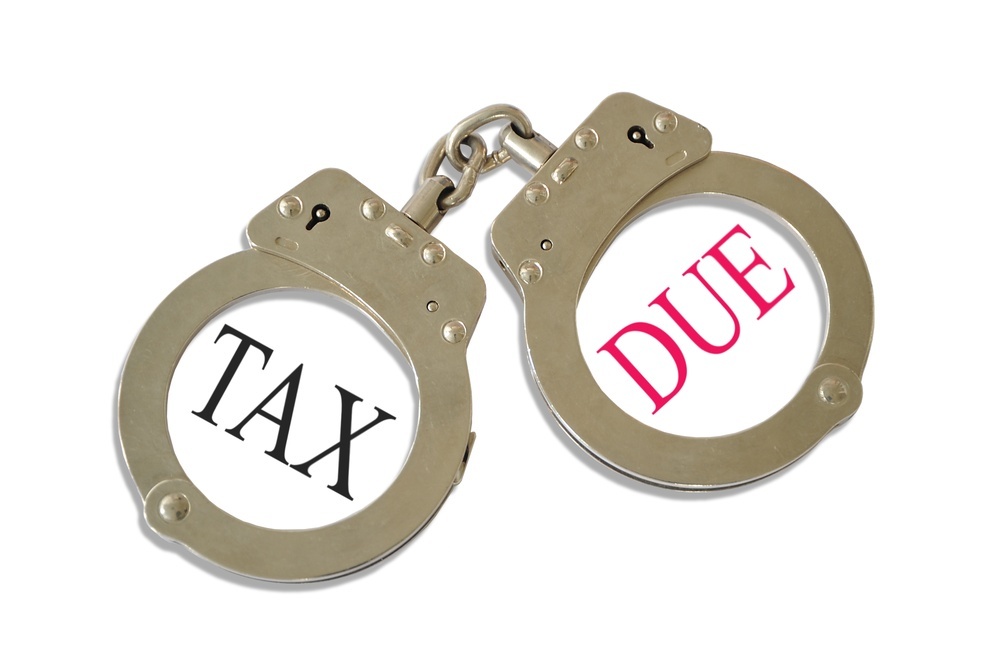Some habits die hard. One such habit is jumping out of your seat when you get a rude shock. Jeevan, a senior editor with a media group, did just that – jump out of his seat – when he received a call from the accounts department telling him that he would receive only 40% of his March salary.
Jeevan had failed to provide proof of his investments that he had declared to his employer at the start of the financial year. After a lot of entreaty and persuasion, the accounts department agreed to give him a three-day grace period to make his investments and provide them with the proof.
What will happen if he fails to make his investments or furnish proof of investment to the accounts department in time? In fact, what investment options does he have at this last minute?
Consequences of missing the deadline
Jeevan had declared that he would use the full deduction limit under Section 80C, HRA deduction as well as maximum deduction available for health insurance premium. However, his actual investments or expenses eligible for deductions were much lower.
Let’s look at Jeevan’s overall investments eligible for deductions under Section 80 C:
Rs. 36,000 as contribution to employee provident fund (EPF)
Rs. 10,000 towards LIC premium
Rs. 36,000 for his daughter’s tuition fee
Though he pays a monthly house rent of Rs. 15,000, his landlord is not ready to provide him his Personal Account Number (PAN), which is mandatory as per the law for claiming HRA above Rs. 1 lakh a year. Also, Jeevan has not purchased a health insurance policy.
In all, he has overstated his tax-saving investments and expenses by Rs. 1,43,000 (Rs. 68,000 under Section 80C, Rs. 60,000 under HRA and Rs. 15,000 under health insurance policy). If he fails to make the investments or provide documents of other expenses, he would end up paying Rs. 29,000 in tax (considering 20% tax bracket as Jeevan’s taxable income is Rs. 8 lakh).
What options does he have?
In a short span of three days, Jeevan has to produce the investment proofs. Before that, he has to make the investments in the first place. He doesn’t have much time to think over the investment options, he has to act quickly. What options does he have?
Public Provident Fund (PPF): This is one of the most popular and the safest small savings scheme. Investment in PPF is not only eligible for Section 80C exemptions but also the interest income is tax-free. It is currently offering an annual interest of 8.7%.
PPF account can be opened online through ICICI Bank and State Bank of India (SBI). Opening online PPF account through the banks saves a lot of time, as one is not required repeat the KYC procedures. All you need to do is fill a form online (including the initial amount), download it and submit it at a designated branch of the bank.
Once the account is opened, the money would be credited automatically from the bank account. As the money gets credited in the PPF account, a statement is generated which is a proof of the investment.
National Savings Certificate: Another popular small savings scheme, which comes with two maturity options — 5 years and 10 years – is the NSC. In case of 5-year maturity, the interest is 8.5%, while the 10-year maturity carries an interest rate of 8.8%. The interest accrued annually is reinvested and the same can also be claimed as deduction under Section 80 C. However, at maturity, the interest income is taxable.
NSC can be purchased from post office branches. It is sold in certificate form, and a copy of the same is considered proof of investment. One needs to submit copies of identity and address proof, self-attested photograph for investing in NSC.
Tax-saving Fixed Deposit: If Jeevan has access to internet banking, he can open a tax-saving fixed deposit without even venturing out. All he needs to do is log in to his internet banking, go to the options ‘Fixed Deposits’, and choose the option of tax-saving fixed deposit.
He needs to fill in some details such as his PAN, amount to be put in the fixed deposit account, etc, and his money would be invested.
Tax-saving FDs are offering 8-8.5% interest, with interest payment option of monthly, quarterly, annually or cumulative. The interest earned is taxable, and if the annual interest exceeds Rs. 10,000, the bank would deduct tax at 10%. Tax-saving FDs have 5 years of maturity.
A stitch in time…
By opting for any of the above three options, Jeevan can save around Rs. 14,000. There are other investment options as well under Section 80C, but keeping in mind the fact that Jeevan does not have much time in hand, this is the best he can do. He cannot do much about his HRA deductions. As far as health insurance is concerned, he needs more time to go through all the features and options before buying a proper Mediclaim policy. This is a decision best deferred for the time being.
